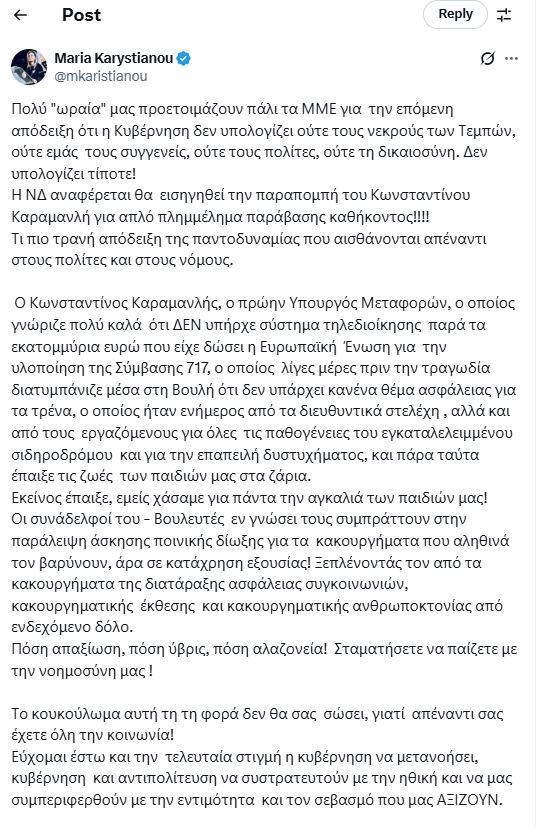« Two threats for Greece by imposing duties »

Having just been placed by the step of the 2nd International Maritime Security Conference – which was hosted on Wednesday at the Eugenides Foundation – on « Geopolitical and Technological Trends that affect Maritime Security », Roger Baker, « Stratikos » and the factors that threaten Greece, the EU and the Middle East.
Euro -Atlantic relations have been at a turning point, though this has been « built » for some time. Even before President Donald Trump’s second term, the United States and Europe were removed for their regulatory focus, social strategies and strategic stance. The United States has firmly returned to a continental phase of foreign policy – something that is shown both in Barack Obama’s governments (who formed it by allowing people to make its own decisions) as well as, more intensely, to Donald Trump’s governments (which is shaping it). There is an expectation of the US that they should limit their international report and their involvement, and that other players should assume greater regional responsibilities. Europe sees this as a reversal of decades of security and synergy for building a global economic system based on Western liberal economic concepts. Europe, and especially the EU, is now confronted with a moment of decision – can Europe overcome its internal divisions and history more fully in order to agree on a coherent foreign policy, strategic stance and cooperative economic and industrial policy? While this debate is long, the combinatorial challenges of the rising Chinese economic and political power, the ongoing Russian aggression along the European border and the strong change in US foreign policy are forced to function for faster action or a risk of turning to national, and not multinational, answers.
Economically, the US government’s preference for duties threatens to disrupt decades of commercial standards and leading to at least short -term slowdown in international trade and economic activity and further erosion of multilateral trade agreements and regulations. In particular, Greece faces two key threats in this light. The first is the risk of a total deceleration of world trade, which diffuses in Greek shipping, and the second, which exacerbates the first, the possible application of additional tax on any ship or fleet containing ships built in China and docked in a US port.
Social and political upheavals in Turkey after Imamoglou’s detention remain largely limited to Turkey, and Ankara seems to be right at the moment that the United States is less interested in imposing political freedoms abroad and the EU must maintain its cooperation in the context of NATO.
The current US government is seeking to settle through negotiations with Iran (similar to « inactive » moves to North Korea during the first term), but it is increasingly willing to use immediate violence against Iran, if such an agreement cannot be reached quickly. The US policy on Iran is closely linked to their Israeli policy and their desire to reshape the regional security situation by creating a new balance of forces so that they can back down and reduce their active involvement in security in the region as part of their world reorientation. Given the declining influence of Iran through its regional representatives, Tehran can turn to other tools in response to the increased US threat or action. And the threat to US allies and partners would allow Tehran to try to encourage these countries to use their own influence to limit US actions.
A world war is not inevitable, as it was not during the Cold War. Returning to a multipolar global system increases volatility and erodes the widespread multiculture, regulations, rules and law, especially as international law is imposed not through power but through the cooperation agreement. The rising economic and traditional nationalism will be translated into less multilateral and more small and bilateral arrangements for the management of international trade, security and cooperation.








